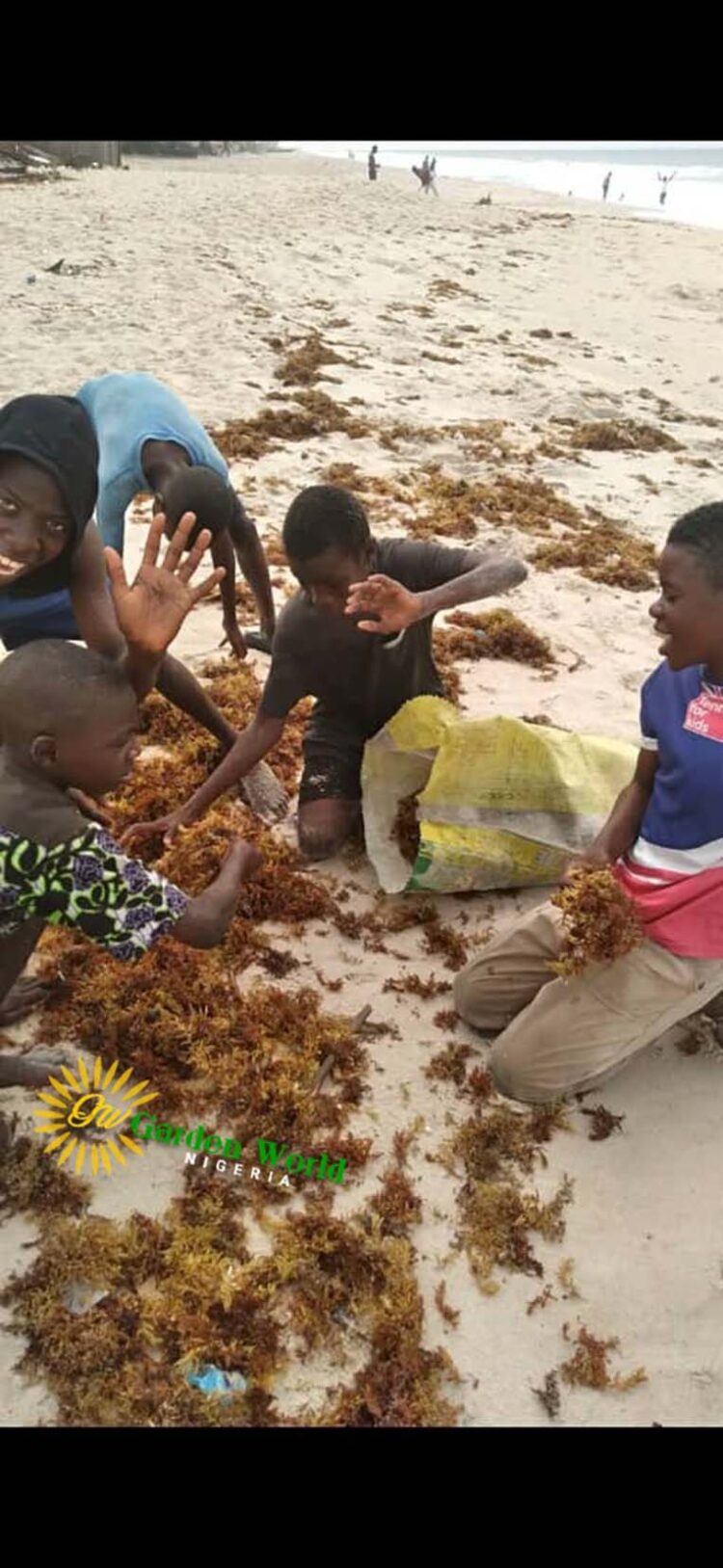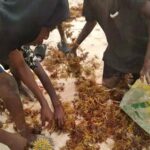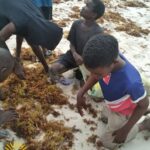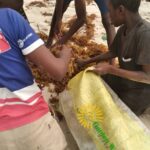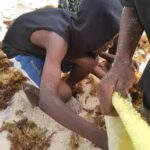NIGERIA’S BLUE FORESTS/ CLIMATE-SMART WETLANDS & THEIR FIGHT AGAINST CLIMATE CHANGE
Coastal wetlands and mangrove swamp forests are some of the most at-risk ecosystems in Nigeria today with most occurring in close proximity with human communities.
Nigeria has the largest mangrove forest in Africa and the third-largest in the world after India and Indonesia. Wetlands stretch along its entire Atlantic coastline. Mangrove swamp forests are found in nine states, namely Abia, Akwa-Ibom, Bayelsa, Cross River, Delta, Edo, Imo, Ondo, and Rivers State (collectively referred to as the Niger Delta). The largest extent of mangroves is found in the Niger Delta between the Benin River region in the west and Calabar and Rio del Rey estuary in the east. Maximum width of 30 to 40 kilometres of mangroves is found on the flanks of the Niger Delta, which is a highly dynamic system. The lagoons of Lagos and Lekki/Epe dominate the coastal systems in the west, with both lagoons fringed by mangroves and backed by swamp forests.
These systems face many common threats across the Coast of Nigeria and coordinated solutions are needed due to their vast potential in the fight against climate change.
IMPLEMENTING CLIMATE-SMART RESTORATION ALONG LAGOS STATE COASTLINE
Gardenworld’s research is helping to understand the impact of current and future threats to coastal wetland ecosystems, including habitat loss as the result of ongoing development and sea-level rise in the future. With our existing partners, informatics, and baseline work, we are creating awareness and seeking climate smart solutions in Lagos State.
Through our research project at Epe, we are building the capacity of our partner network to develop conservation solutions for the areas affected.
SHORELINE CONSERVATION
Our shorelines work covers issues ranging from understanding how and where wildlife populations are affected by changing conditions to quantifying the benefits and effectiveness of nature-based solutions to coastal flooding and erosion. We work with local communities to protect and manage beaches and wetlands. We support children who live in communities by the beach to assist with our beach clean up drives.
BEACH AND DUNE ECOSYSTEMS
Beaches most especially in Lagos State are already threatened by the combined effects of sea level rise and accelerating coastal erosion. Bar Beach a formerly functional and recreational beach in Victoria Island lagos is no more due to the acceleration of coastal erosion over the years. Instead new residential developments rising from sand filled areas of the old Bar Beach such as Eko Atlantic have taken over the area. Important ecological functions and critical habitat to species has been lost. The State’s beaches are significant sources of economic and recreational value. Coastal erosion along the Victoria Island beach axis has had a big impact on the sandy beaches therein. Urban growth and development is fast affecting the sandy beach and dune ecosystems in Lekki / Ibeju axis. We are working with coastal decision makers to protect and restore sandy beach and dune ecosystems in the places that will most benefit wildlife populations but also provide recreational and coastal protection benefits for people.

